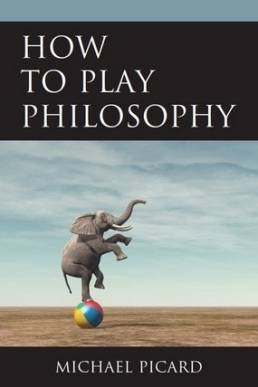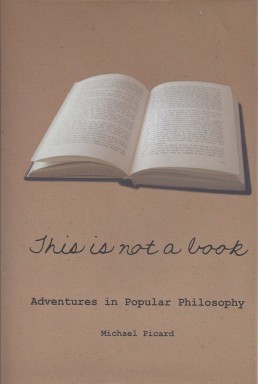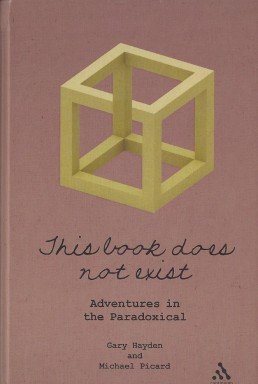Educator. Author. Facilitator. Speaker.
Author and philosopher Michael Picard takes apart the mental word-games we play with an eye to challenging settled belief and shake-up the stale patterns of thought that trap us in dead-ends of meaning. Picard will shift your horizons.
How to Play Philosophy:
A book for public thinking and the thinking public.
How to Play Philosophy is a breezy array of lyrical, creative essays that explore timeless and timely ideas about who we are, how we live and what we think.
Advance Notice
Michael Picard has penned an erudite and entertaining play and interplay of iconic ideas, vital to philosophers and non-philosophers alike. His essays are replete with wit and wisdom, fearless of contradiction, and intimate with paradox. If philosophy were an Olympic sport, How to Play Philosophy would produce a bushel of gold medalists.
Lou Marinoff, Professor of Philosophy, The City College of New York. Author, Plato, Not Prozac
In this insightful, original, profound yet playful, guide to the philosophical ideas which shape our daily lives, Michael Picard uses his knowledge of various disciplines and his gift for nuanced and sensitive accounts to masterfully show us how to navigate them. Written in an accessible way, this book is a remarkable initiation to philosophy and to its practice in everyday life that would benefit newcomers and seasoned philosophers alike.
Lydia Amir, Lecturer, Department of Philosophy at Tufts University; President, International Association for the Philosophy of Humor, and Israeli Association for Philosophical Practice.
This rollicking, captivating series of essays by one of our foremost public philosophers and scholars covers a dazzling spectrum of philosophy matters. Best of all, it manages to achieve the near-impossible: namely, Michael Picard presents an in-depth look at many of the most timely and timeless existential and epistemological posers without being the least bit pretentious; and without ever making one feel the least bit obliged to stake out any particular stance, but rather to discover further and deeper her own outlook. A gift to us all, by a most gifted writer and thinker.
Christopher Phillips, PhD. Author 'Socrates Cafe: A Fresh Taste of Philosopher' (Norton) and 'Soul of Goodness' (Prometheus).
Michael Picard’s humorous, yet humble way of writing allows the reader to engage intimately with some of the most profound philosophical questions: turning abstract notions into urgent matters of everyday public life. Picard shows the reader that there is no philosophical discourse separated from philosophical life, just as there is no philosophical life without philosophical discourse. The essays in this book can be read on their own or in sequence. Picard’s engaging, quick-witted and accessible writing style makes this an ideal book for people of all age groups. It will inspire thinking and dialogue among experienced philosophers, newcomers and even high school students. The most play- and thoughtful introduction to philosophical thinking and living I have seen so far.
Dr. Barbara Weber, Associate Professor and Chair of the Interdisciplinary Studies Graduate Program, UBC, Canada.
Michael Picard—one of the hardest working, most creative and dedicated scholars I know—is doing world-class work in philosophy and public education. His brilliant conceptual and practical work includes innovations as a pedagogue, translator and editor of significant contributions to the field of philosophical praxis. This original book is a case in point. How to Play Philosophy effectively disarms what so many find intimidating, inviting readers along for the ride, even allowing them to steer. The book extends his pioneering public philosophical practice, and is suffused with the same warm, evocative and dynamic style as his engaging facilitation, which always draws strong interest.
Yosef Wosk, Ph.D., Officer of the Order of Canada and member of the Order of British Columbia, Adjunct Professor in the Department of Humanities and Simons Fellow as well as former Shadbolt Fellow and Director of Interdisciplinary Programs in Continuing Studies, Simon Fraser University.
Cafe Conversations:
Participatory Philosophy in Public Spaces
Cafe Conversations is the first English-language book to look closely at the phenomena of philosophy in a cafe.
Recent decades have witnessed the rise of the phenomena of philosophy in a cafe. Since Marc Suatet first held court at the Café des Phares in Paris in 1992, many have followed in his wake during the 90s, not only in France but elsewhere in Europe and across the world. In the US, Lou Marinoff soon began a monthly Philosopher Forum in bookstores in New York City, and Christopher Phillips held his first Socrates Cafe in Wayne, NJ, but then criss-crossed America and later took his show all over the world. Café-Philos sprouted up in Japan, Peru, Brazil and elsewhere that continue to function today. In January 1997 Michael Picard started a twelve-year run of weekly Cafe Philosophy sessions in Victoria, Canada, which ran to over 500 sessions. Not long after, in 1998, Simon Fraser University's Philosophers' Cafe program was inaugurated. Originally conceived by Yosef Wosk as a one-off event, this award-winning program has expanded over two decades to include in 2018 around three dozen moderators at over 30 venues in the lower mainland, hosting over 250 meetings in 2018 and thousands of participants.
The growth and spread of public participatory philosophy, or cafe philosophy, indicates an appetite amongst the public to be part of stimulating intellectual conversations with neighbors. It is time to take stock of the phenomenon, to review where we've been, account for what we are doing, and look toward where we are going. How do practices differ, not only from each other, but from their first appearance? What norms govern these conversations, either generally or locally, that constitute them as philosophy, or even reasoning? What role do or could they theoretically play in the collective deliberation required by democracy?
Unlike Philosophy for Children, there is very little written on the theory and practice of public participatory philosophy, or cafe philosophy. Its role or potential role in civil discourse and the collective deliberation required of democracy has not been closely thematized. This book includes critical reports on the cafe philosophy practice from various parts of the world, but also raises more general and theoretical questions, including questions of method, norms of reasoning, and the tensions between hospitality and criticality, among other issues. Cafe Philosophy is examined in the light of ideas from several philosophers, including Shaftsbury, Dewey, Habermas, Arendt, Foucault, and Anthony S. Laden (a contributor).
Table of Contents
- Introduction. Michael Picard, Canada.
Part I: Development and Dispersal of a Philosophical Practice.
- Un Café pour Socrate – an excerpt. (Transl by M. Picard). Marc Sautet, France.
- Café Philosophy: a practice of reflective freedom. (Transl. by M. Picard). Daniel Ramirez, Chile/France.
- Filocafe: from the "ivory tower" to a "McDonaldization" of philosophy? Miriam van Reijen, Belgium/Netherlands.
- Open and Chaotic: Our Café-Philo in Zürich. Albert Hoffmann, Switzerland.
- What makes Café Philosophy possible? Mathijs van Dijk, Belgium.
- Ethical, Conversational and Logical Norms in Philosophy Café. Tetsuya Kono, Japan.
- Café Philosophy as a platform for long-term research in Philosophical Practice. Carmen Zavala, Peru.
- Philosophy Café in Guadalajara, Jalisco, Mexico. Angelo Pérez and Claudia Rubio, Mexico.
- Missing school at Café Philosophy: Philosophy in the Streets? Walter Omar Kohan, Argentina/Brazil.
- What Happens at Socrates Café. Phillips Christopher, USA.
- Adventures in Café Philosophy: trajectory of a community of ideas, 1997-2009. Michael Picard, Canada.
- Simon Fraser University’s Philosophers’ Café: A Synoptic History. Yosef Wosk, Canada.
- Café Philosophy on the “talking stick” Model. Mark Battersby, Canada.
- Co-Creating a Flourishing Future One Conversation after Another. Brian Fraser, Canada.
- My Zayde’s Stories and ‘Philo Cafés’. Meguido Zola, Canada.
Part II: Theoretical and Conceptual Underpinnings
- From Conversation to Dialogue: Philosophical Cafés and the Art of Discussion. Lydia Amir, Israel/USA.
- John Dewey and Jürgen Habermas over a Cup of Ideas: the Role of Philosophy in the Public. Barbara Weber, Canada/Germany.
- The Parrhesiastic Game: Speaking frankly as care of Self. Elly Pirocacos, Greece/Canada.
- Two Concepts of Civility. Anthony Simon Laden, USA.
- But is it Philosophy? Critical reflections on social reasoning and Café Philosophy. Michael Picard, Canada.
- Philosophy Sports as the New Cafe Philosophy. Michael Picard, Canada.
- Communications in the Cosmic Café: A Universal Choreography. Yosef Wosk, Canada.
- List of Contributors
Index
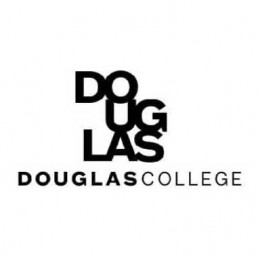
Michael Picard holds an MSc and PhD from Massachusetts Institute of Technology. He has taught philosophy, psychology, sustainability and leadership, as well as other subjects at various institutions in North America. He is currently an instructor in the Philosophy Department at Douglas College.
THIS BOOK DOES NOT EXIST: Adventures in the Paradoxical
From Galileo’s Fan to the Cone of Democritus, and from the impossibility of motion to the infinite staircase, these mind-bending thought experiments, optical illusions and logical deceptions are on of the most interesting and accessible facets of philosophy.
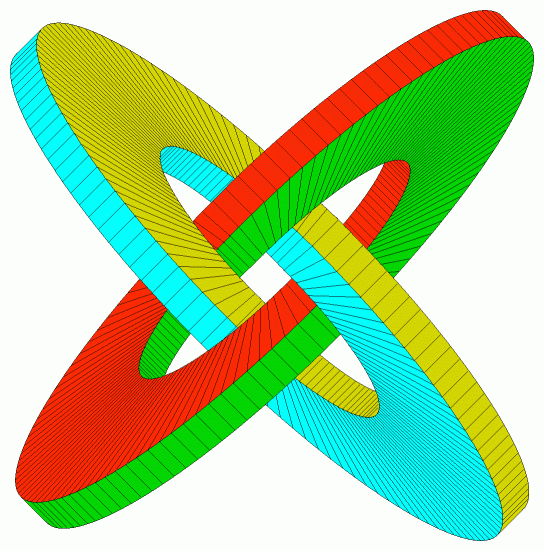
PHILOSOPHICAL COACHING
Psychotherapy treats your illness. Philosophy addresses your well-being. When you have questions, but not problems to be fixed; doubts, but only true believers to turn to; friends but no one to talk to, – let philosophy be a companion in your search. No ready-made answers on a menu, not preconceived solutions to typical problems: only compassionate ears and skill in co-inquiry.
It only sometimes looks like coaching.

PHILOSOPHY SPORTS
Public participatory philosophy has been reconceived as games of competitive persuasion. The first concrete instance is a board game called Tug of Logic. Tug of logic is a game for 2-7 players that involves articulating and establishing shared reasons for and against a controversial proposition chosen for dialogue.
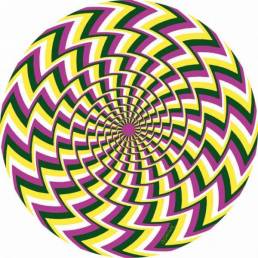
PHILOSOPHICAL CONSULTING
Bringing philosophy to bear on creative entrepreneurial and pro-social projects. For businesses, non-profits, and professional organizations, philosophical dialogue and rethink games and exercises provide unique training opportunities that can facilitate new perceptions of persistent problems. Recommended when the problem is not knowing the problem.

